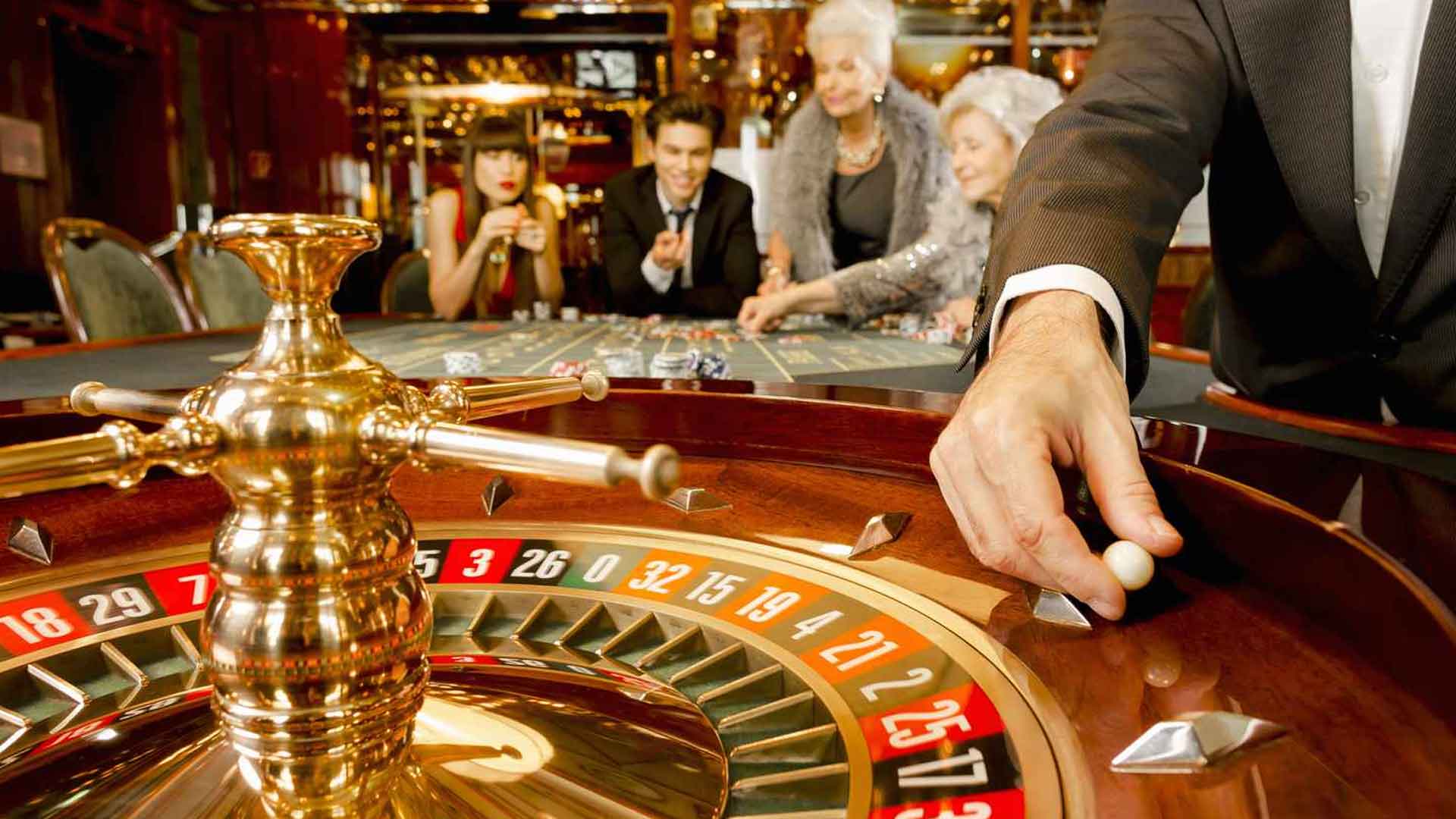How to Gamble Without Breaking the Bank

How to Gamble Without Breaking the Bank
Gambling can be an exciting and potentially rewarding activity, but it's crucial to approach it responsibly. Many people enjoy the thrill of placing bets, whether it's on sports, casino games, or even the stock market. However, the allure of potential winnings can sometimes lead to overspending and financial difficulties. Learning how to gamble without breaking the bank is essential for maintaining a healthy relationship with gambling and ensuring it remains a fun and entertaining pastime rather than a financial burden.
This guide provides practical strategies and tips to help you enjoy gambling responsibly, protect your finances, and minimize the risk of developing a gambling problem. By implementing these techniques, you can experience the excitement of gambling without jeopardizing your financial well-being. Remember, responsible gambling is about enjoying the experience while staying in control.
Set a Budget and Stick to It
The cornerstone of responsible gambling is setting a budget. Before you even consider placing a bet, decide how much money you are willing to lose. Treat this money as entertainment expenses, similar to going to the movies or a concert. Once the budget is set, it’s crucial to stick to it, no matter what. Avoid the temptation to chase losses or increase your bets in an attempt to recoup lost funds. This is a common trap that can lead to financial ruin.
To effectively manage your budget, consider using a budgeting app or spreadsheet to track your spending. This allows you to see exactly how much you've spent and how close you are to your limit. Separate your gambling funds from your essential expenses and never use money earmarked for rent, bills, or groceries for gambling purposes.
Understand the Odds and Games
A crucial aspect of responsible gambling is understanding the odds and the games you're playing. Different games have different probabilities of winning, and some games offer better odds than others. For example, games like blackjack and poker, where skill and strategy play a significant role, generally have better odds than pure chance games like slots.
Before playing any game, take the time to learn the rules, strategies, and payout structures. Understand the house edge and the long-term implications of each bet. This knowledge will help you make more informed decisions and avoid making impulsive bets based on emotion. There are many resources available online and in libraries that can help you learn about different gambling games and their odds. Remember, informed choices are better choices.
Avoid Chasing Losses
Chasing losses is one of the biggest pitfalls in gambling. It’s the act of increasing your bets in an attempt to recover money you've already lost. This is a dangerous and often self-destructive behavior that can quickly lead to significant financial losses. When you're on a losing streak, it's tempting to believe that you can win back your money with one big bet. However, this is rarely the case. Instead of chasing losses, it’s better to accept the loss, take a break, and come back another day with a clear mind.
Develop a strategy to combat the urge to chase losses. One effective technique is to set a loss limit. Once you reach this limit, stop gambling for the day, even if you feel like you're about to win. Another strategy is to remind yourself that gambling is a form of entertainment, and losses are a part of the experience. By accepting the possibility of losing, you can avoid the emotional turmoil that leads to chasing losses. Also, remember to access m88 link login for a safe and reliable gambling experience.
Take Breaks and Avoid Gambling Under the Influence
Gambling can be mentally and emotionally draining. It's essential to take regular breaks to clear your head and avoid making impulsive decisions. Step away from the games, stretch your legs, and do something relaxing. Avoid gambling when you're tired, stressed, or under the influence of alcohol or drugs. These factors can impair your judgment and lead to reckless betting.
When you're feeling overwhelmed or frustrated, it's a sign that you need to take a break. Consider engaging in other activities that you enjoy, such as spending time with friends and family, exercising, or pursuing hobbies. By maintaining a healthy balance in your life, you can reduce the risk of developing a gambling problem.
Seek Help When Needed
If you feel like your gambling is becoming a problem, don't hesitate to seek help. There are many resources available to help individuals struggling with gambling addiction. Organizations like Gamblers Anonymous offer support groups and counseling services. Additionally, many online resources provide information and tools to help you assess your gambling habits and develop strategies for responsible gambling.
Recognizing that you have a problem is the first step towards recovery. Don't be ashamed to ask for help. There are people who care about you and want to support you in overcoming your gambling addiction. By seeking professional help, you can regain control of your life and avoid the devastating consequences of problem gambling.
In conclusion, gambling can be a fun and exciting form of entertainment if approached responsibly. By setting a budget, understanding the odds, avoiding chasing losses, taking breaks, and seeking help when needed, you can enjoy gambling without breaking the bank. Remember, responsible gambling is about staying in control and making informed decisions.
```